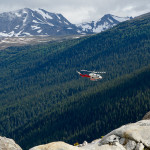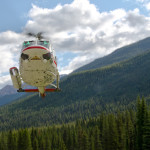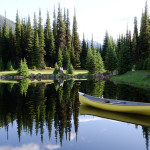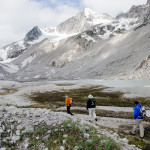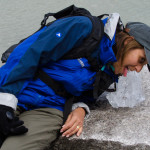Europe has chosen diplomacy over reciprocity.
Americans with plans for a summer vacation in Europe can rest easy. Despite a vote in the European Parliament in March to reinstate visa requirements for Americans traveling to the EU, European lawmakers announced on Tuesday that they would not move forward with halting visa-free travel to the region. The issue was first brought up by the European Commission as one of reciprocity, a response to American visa policy that excludes certain EU member states.
Now, it seems, officials have determined that taking the high road can better achieve the results the EU is after—that is, visa-free travel for all citizens to the United States. “In view of the significant progress achieved during the last year and the positive momentum of ongoing work, the temporary suspension of visa waivers for nationals of Canada and the United States would be counterproductive at this moment and would not serve the objective of achieving visa-free travel for all EU citizens,” a statement reads.
As Lilit Marcus previously reported for Condé Nast Traveler, “while Americans can currently visit any EU country without a visa (provided they’re not working or staying longer than three months), not every EU member nation gets the same privileges the other way around.” At present, Europeans with passports from 23 member states, including France, Italy, the Netherlands, and Sweden, can enter the U.S. without a visa, but five EU members—Bulgaria, Croatia, Cyprus, Poland, and Romania—aren’t part of the waiver program for the U.S. or Canada.
Tuesday’s statement points to some positive developments achieved not through reciprocity, but through negotiation: “Canada lifted the visa requirements for some categories of Bulgarian and Romanian citizens on 1 May 2017 and is set to achieve full reciprocity as of 1 December 2017 and contacts have been re-launched with the new U.S. administration to push for full visa reciprocity for the five EU Member States concerned,” it reads. Dimitris Avramopoulos, the European Commission’s commissioner for migration, home affairs, and citizenship also chimed in on Twitter, saying the “EU will always choose engagement, commitment, and patient diplomacy over unilateral retaliation.”
Posted from Conde Nast Traveler











